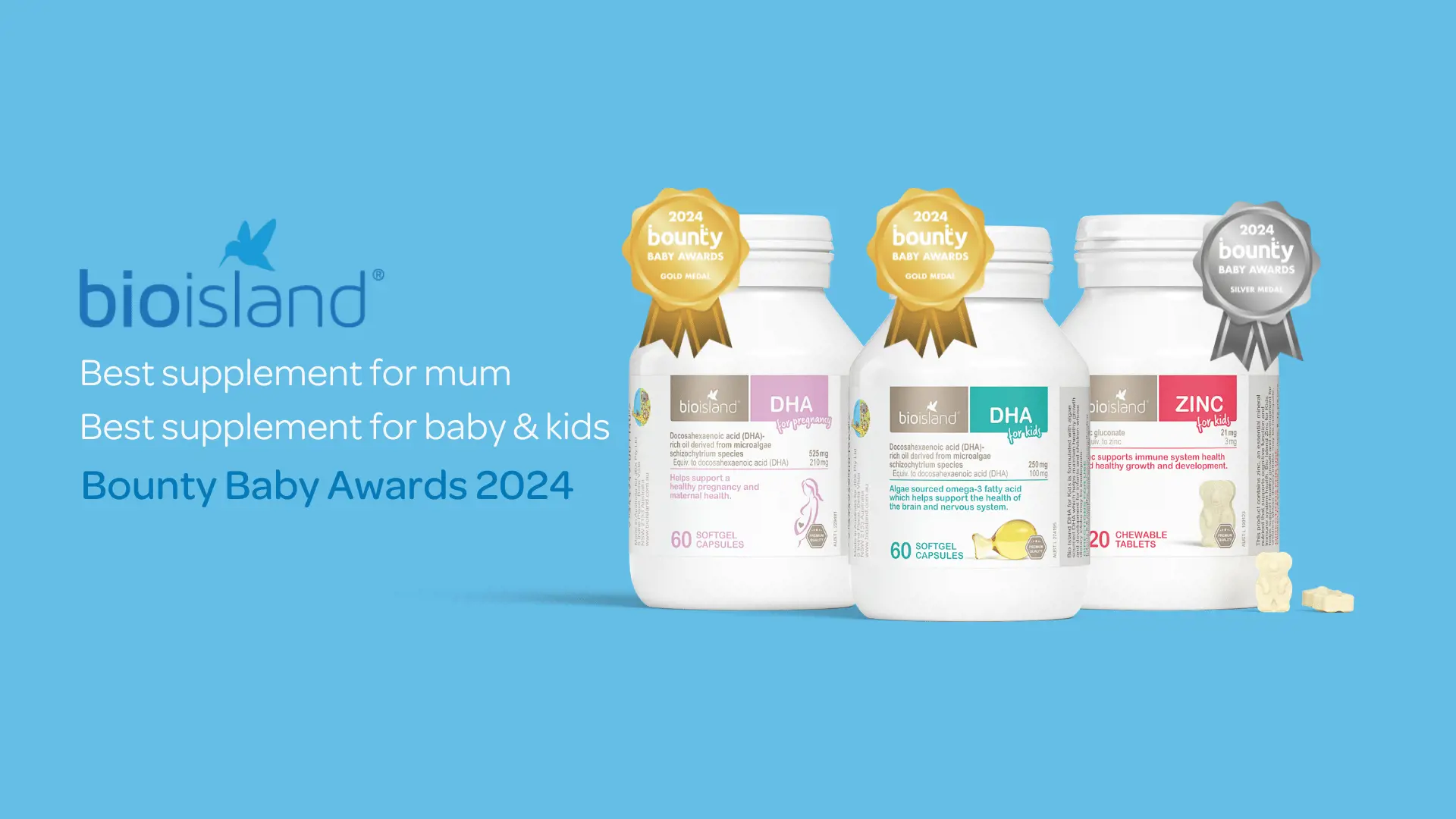
Allergies in the kitchen
Allergic reactions affect 1 in 5 Australians and symptoms vary from mild to life threatening.
Nutrition
By Bio Island Nutrition Team
Allergic reactions affect 1 in 5 Australians and symptoms vary from mild to life threatening. An allergic reaction is when a substance enters the body and the body reacts by triggering an antibody response.
What is an allergic reaction?
An allergic reaction is cause from an abnormal immunological reaction to a substance. There are 2 types of reactions. Type I hypersensitivity involves the immunoglobulins reacting to an antigen in food. They bound together to mast cells which then release mediators including histamine and leukotrienes, this reaction generally occurs immediately. Histamine causes smooth muscle contraction and stimulates irritant receptors which lead to blood volume decrease and anaphylactic shock. Type IV hypersensitivity is more of a delayed reaction of up 24 to 48 hours and is dose dependent. An allergic reaction is difference to an intolerance, and the body responds differently.
The most common allergic reactions in children are egg, peanuts, tree nuts and cow’s milk. In adulthood allergic reactions that appear tend to be more with fish and shellfish. Signs and symptoms of a reaction occur almost immediately after the substance enters the body or within a few minutes or hours. Symptoms can appear mild or dangerous (anaphylaxis) where breathing and the cardiovascular system become restricted and difficult to function. Other signs include rashes, vomiting, abdominal pain, tingling of the mouth and swelling of the tongue and throat.
Introducing foods
It is recommended that between 4- 6 months of age you can start introducing foods to your baby and be aware of any family history of food allergies. Introducing one food at a time in small portions and noting any changes or signs of a reaction. Children with allergies can be challenging when they are in new environments, teaching them to be aware of what foods they can and can’t touch. Having your children get involved in the kitchen is a great learning aid for teaching not only about nutrition and food but is a great learning in showing what foods are safe and not safe. Having them identify what they can’t touch or eat, will help build their own awareness when out and about.
Reading food labels and teaching children about the different names some ingredients can be called in highly important. Teaching them to understand what ingredients may be in a food and where to look on packaging for any warnings for allergens. Also using key words such as ‘Safe” or ‘Unsafe’ and being very clear in the child understanding why they can’t have those foods. Importantly showing them, they aren’t missing out on anything and can still enjoy a range of nutritious foods. Having them in the kitchen cooking their own food from a young age can help establish a healthy relationship with food and be able to create food they enjoy.
Eating out with an allergy is a learning for the whole family in breaking down a menu to understand the underlying ingredients that are used in sauces and the cooking spaces. The key is to avoid going to high risk places that use that food item a substantial amount in the cuisine. Otherwise when booking a table, you can notify the restaurant to make them aware of any allergies and always review the menu before going. For children it can be a learning experience in that as the adult you may not always be with them. So, teaching and explaining from a young age what their allergy is and foods that are good and not good. Always letting the school or another parent know of allergies and that the child also knows the importance of their epi pen.
Allergies are becoming more common in the Australian community and awareness is more adherent. Helping children understand their allergies or a friend’s allergy could help prevent reactions or more serious events to occur.
This information does not take into account your personal situation and is general in nature. You should consider whether the information is appropriate for your needs and seek professional medical advice.
Always consult your healthcare professional before taking any supplements or if any concerns arise.





